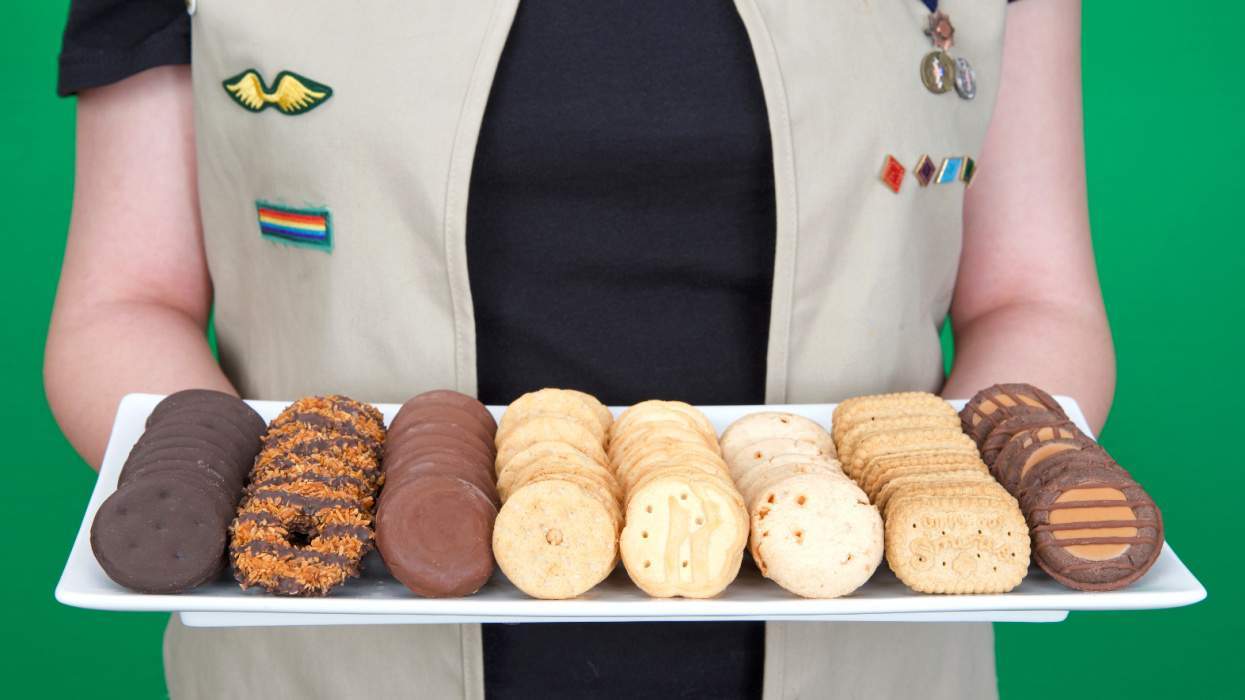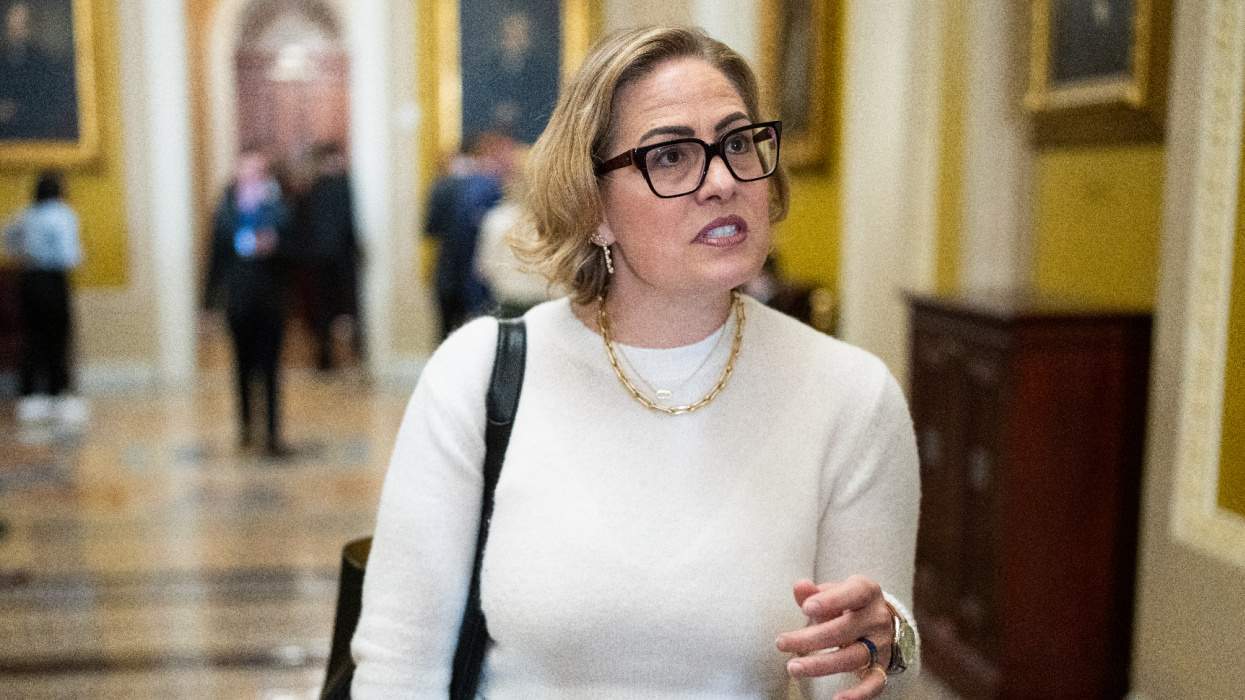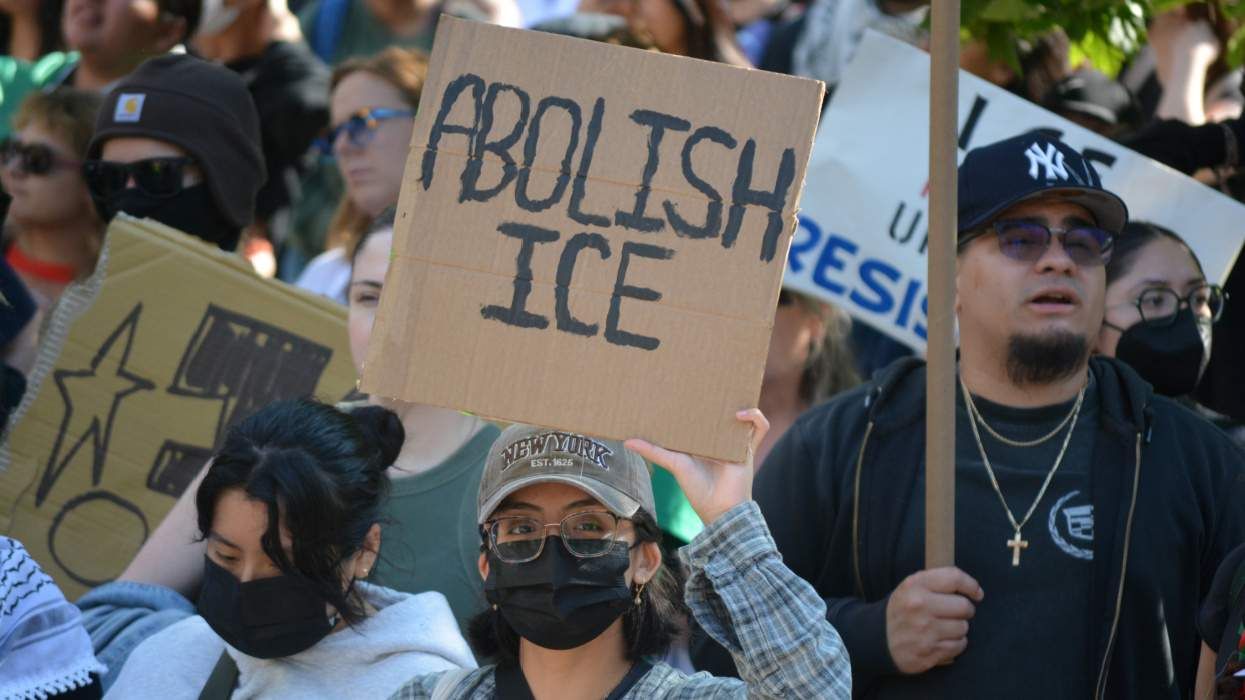More teenage girls call themselves "feminist," more than any other word like "environmentalist" or "intellectual," according to a survey conducted by market research company ICM for the National Citizen Service, a U.K. youth empowerment program. Researchers also found that a tenth of girls call themselves "sporty" and a fifth identify as "bookworms."A large proportion of girls surveyed said that they looked up to celebrities who advocated about social issues.
When asked about their most influential role models, many respondents, male and female alike, named actress Emma Watson. She had the most votes as the "most influential celebrity" out of forty-three notable actors, musicians, athletes, and media influencers. According to NCS, Watson beat out other feminist icons like Beyonce.
Teens told researchers they admired the Hogwarts alum for using her stardom to fight gender-based prejudice. One wrote, "She uses the power and fame she gained from the Harry Potter series to speak about important issues like feminism." Alice Finnegan, a teen who involved in the National Citizen Service's youth program, elaborated on why she finds the actress-turned-activist "inspirational." "I've always looked up to her as someone who isn't afraid to articulate her views. ... Feminism is so important to me," Finnegan said, according to the U.K.'s Daily Mail.
Watson has been a publicly proud feminist ever since she partnered with the United Nations as a Women Goodwill Ambassador for its HeForShe Campaign in 2014. At the time, she acknowledged people's hesitance to identify with the movement. "I decided I was a feminist and this seemed uncomplicated to me," she said in her speech at the United Nations. "But my recent research has shown me that feminism has become an unpopular word. Apparently, I am among the ranks of women whose expressions are seen as too strong, too aggressive, isolating, anti-men, and unattractive."
At the time, she rejected advice to eschew the term. "I was encouraged not to use the word feminism because people felt that it was alienating and separating and the whole idea of the speech was to include as many people as possible," she told the Evening Standard in 2015.
But many teens say they feel drawn to Watson because of her sense of inclusion -- in particular, her understanding of intersectionality. "She frequently speaks out on sexism and other discrimination issues such as racism and homophobia, and what she says really inspires me." wrote one respondent to the survey.
Many teenage boys, however, don't include themselves as part of the feminist movement. Only 5 percent of them identified as "feminist." Their most popular identifier was "gamer," which received 39 percent of votes.
The survey also found that LGBT youth are 40 percent more likely to identify as feminist than their heterosexual peers.
Natasha Kizzie, the brand marketing director at the National Citizen Service Trust, which interacts with teens and engages them in local social action projects, told the Daily Mail, "The rise of internet feminism and increasingly politically engaged youth has brought these issues to the forefront." She acknowledged the Beauty and the Beast lead, calling her impact "the Emma Watson effect," which "has done brilliant things for the cause."














Charlie Kirk DID say stoning gay people was the 'perfect law' — and these other heinous quotes
These are some of his worst comments about LGBTQ+ people made by Charlie Kirk.